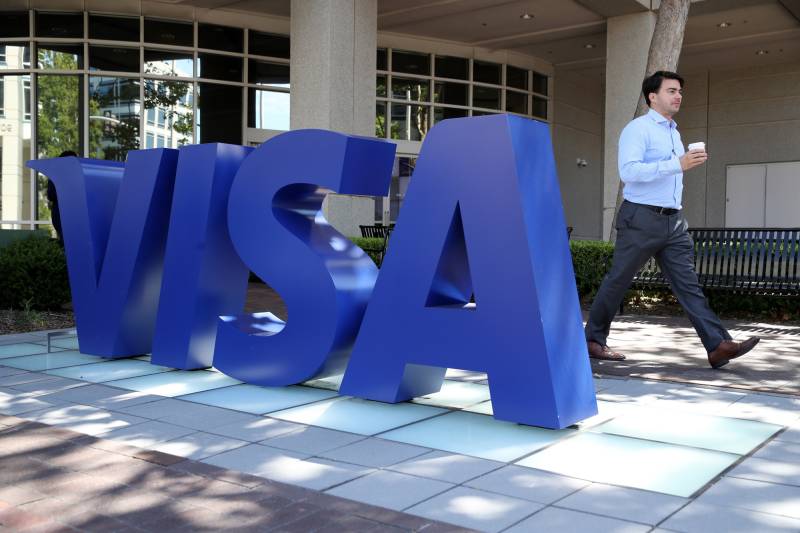“Visa recognizes these patterns through our data. We understand the rhythms, and those rhythms are what enable us to build solutions that deliver better buyer experiences, that grow sales for sellers with less fraud, and less declines and more completed transactions,” McInerney explained.
Leaving aside that last time you spotted fraud on your bill that your credit card issuer and Visa didn’t, there will be kinks to work out, said Dr. Jennifer King, a privacy and data policy fellow at the Stanford Center for Human Centered Artificial Intelligence.
“It’s possible the first places where these [AI agents] work are trusted partners. So if I want my Starbucks latte to be ordered for me and ready every morning on my walk to work, I just pick it up. I know what it costs, and I’ll get the receipt from Starbucks eventually through my system. There’s no negotiation there. It’s just straightforward,” King said.
With more complex or one-time purchases, it’s less clear whether AI shop bots can guarantee the consumer is getting a desirable deal. That’s because we’re all shopping in what’s called the ad surveillance economy, where thousands of companies you’ve never heard of buy and sell all sorts of personal data. That impacts the prices you’re offered through the growing practice of dynamic pricing, where retailers sift through all that data to determine the highest price any individual consumer is likely to pay for a product and service.
“This ends up being a world potentially where consumers are captured even more than they are now, and are subject to higher prices and potentially deceptive conduct that they aren’t even seeing, because they’re no longer the one making the decision,” King said.


